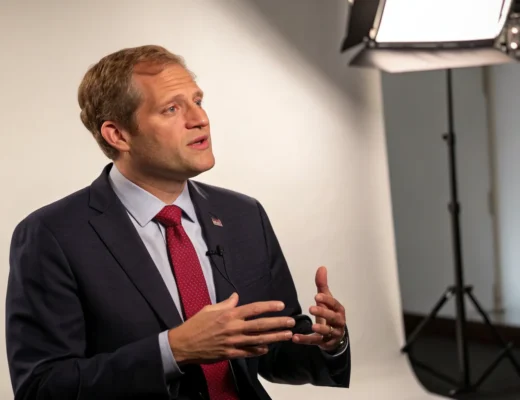A new survey finds couples in a DINK relationship (“Dual Income No Kids”) are four times more likely than parents to say they have no financial stress. What’s more, they accumulate money at a faster rate. DINKs report saving twice as much as parents each month, with $908 saved compared to $413 for parents.
This makes a compelling case for the DINK lifestyle. The trend of child-free couples is on the rise. According to data published by the US Census Bureau in November 2023, childless couples make up almost half of all coupled households, an increase of about 7% since 2012.
The trend suggests that, with mounting economic pressure, more people are choosing to remain childless for financial reasons. Children were considered valuable economic assets in earlier centuries, especially in agricultural societies. They often contributed additional labor to family farms and businesses, boosting household incomes.
Today, however, the rising costs of education and healthcare have flipped that equation, prompting families to reevaluate the cost of having kids. “Even high-income households with children tend to struggle to save enough money each month,” says Jen Swindler, a financial expert. “There are also much higher-expense vacations, holidays, and summers to plan for when accounting for children.”
David Nash, another financial advisor, elaborates on the complexity for parents: “Parents have the added complexity of planning for their children’s financial future, including education and healthcare.
Add the ever-increasing costs of childcare, and it’s no wonder DINKs report more money saved and lower financial stress.”
When it comes to long-term financial planning and retirement, DINKs and parents take different pathways. “For parents, there are several obstacles to saving for retirement,” says Nash.
DINK savings and financial impacts
“They need to address more immediate goals like education, which can impact retirement savings later on. DINKs tend to have lifestyle goals that they address ahead of retirement.”
While DINKs can forego the startup costs of parenting, they need to be cautious about “lifestyle creep,” where short-term savings are quickly spent on vacations and other luxuries. “DINKs save more in the short term, but as time goes on, they tend to spend that money on experiences like vacations,” explains Benjamin Simerly, a wealth advisor.
“Instead of school tuition, it’s Maui; instead of an HSA account, it’s another pet.”
In the short- to medium-term, DINK life may generate extra savings, but by skipping parenting expenses, they also miss out on the emotional support and financial safety net adult children can provide to their elderly parents. This support can make a significant difference, especially in emergencies. “Most people are aware of this future reality when they choose to remain child-free,” says Swindler.
“It’s important for them to consider who they will contact for assistance as they age, where they will live if they need to enter a care facility, and how they will fund these expenses.”
“Many aging DINKs tend to forget about who will help with services needed as they age,” adds Simerly. “This can be planned for, but many DINKs end up paying for these services instead of obtaining free help from children.”
Many Americans may be on the fence about having kids, and this is not an easy decision that number-crunching can solve. Advisors must guide DINKs weighing parenting against staying childless.
“The number one piece of advice I give DINKs who are debating having kids is to think about their deathbeds,” says Simerly. “I want to know from couples on the fence if they will die happily without children or wish they would have had kids.”
Simerly adds, “We are working with two couples right now who are at the stage of contemplating children but are unsure whether they can afford it. They are working on financial plans for both scenarios simultaneously.”
These choices reflect deeply personal values and priorities.
While financial pressures may deter many from trying to conceive, couples must consider long-term emotional and practical implications. Financial advisors can help couples navigate this crossroads, ensuring they prepare for the joys and challenges of either path. As society evolves, these decisions will shape the financial landscape for generations.







